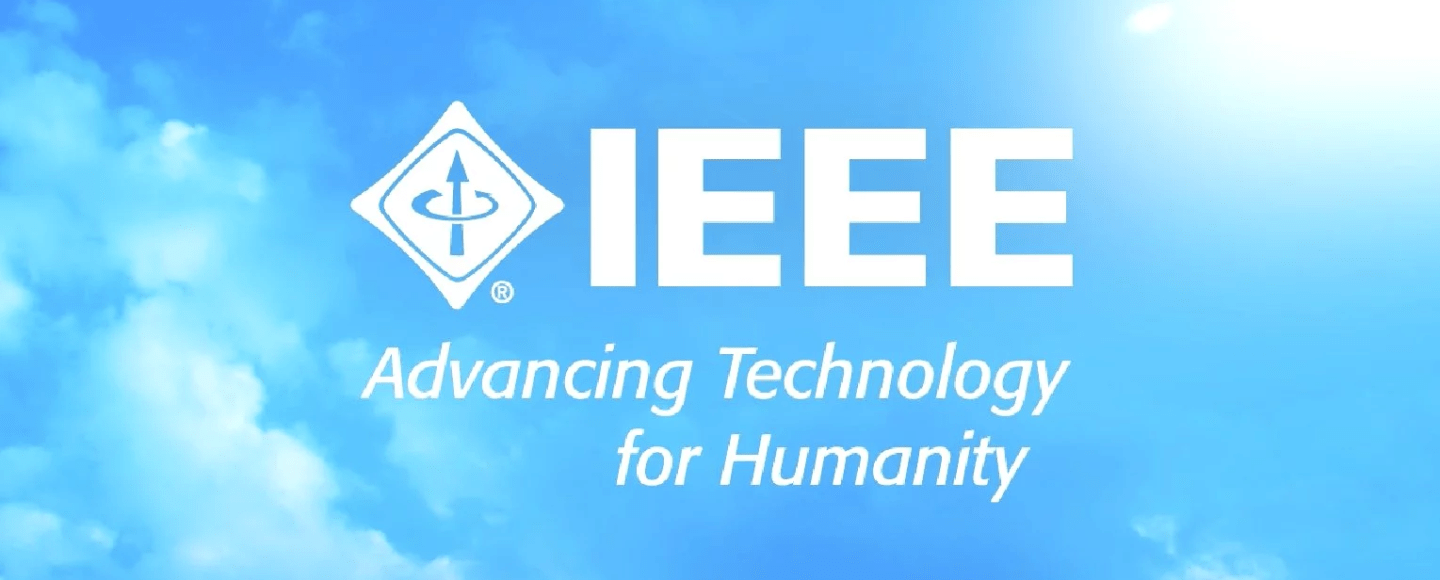Inclusivity Concerns Rise as IEEE Restricts Huawei Employees from Reviewing Papers
The Institute of Electrical and Electronics Engineers (IEEE), a leading technical professional organization, has recently announced that its employees affiliated with Huawei will no longer be allowed to review or access non-public papers submitted for publication. This move has sparked concerns among researchers and academics about the potential impact on academic inclusivity and the spirit of cooperation in the scientific community.
The IEEE’s decision was made in compliance with US government sanctions, which placed Huawei on the list of entities subject to export restrictions. The organization emphasized that its primary goal is to advance technological innovation and excellence for the benefit of humanity, while also adhering to its legal obligations under various jurisdictions.
However, many researchers and academics have expressed their disappointment and frustration with this decision. Some have argued that it could lead to a loss of valuable contributions from Huawei employees and undermine the integrity of the peer-review process. Others have questioned the IEEE’s willingness to compromise on academic freedom in the face of political pressure.
The implications of this move are far-reaching, and many experts believe that it could set a precedent for other organizations to follow suit. The restriction imposed by the IEEE has also raised concerns about the potential for similar restrictions on other research institutions or academic communities.
Background on the US-China Trade Tensions
The current trade tensions between the United States and China have been ongoing for several years, with both countries imposing various tariffs and sanctions on each other’s exports. The Huawei case is a recent development in this broader context, with the US government taking steps to restrict the company’s access to advanced technology.
The IEEE’s decision to bar Huawei employees from reviewing papers has sparked debate among researchers and academics about the impact of politics on scientific collaboration. Many have argued that the restriction could stifle innovation and hinder progress in various fields, particularly those related to artificial intelligence and machine learning.
Impact on Academic Freedom and Collaboration
The IEEE’s move has raised concerns about academic freedom and the potential for restrictions on research collaborations between institutions from different countries. Some experts believe that this decision could set a precedent for other organizations to follow suit, potentially undermining the spirit of cooperation in the scientific community.
Others have argued that the restriction imposed by the IEEE is not only a matter of academic freedom but also a question of intellectual property and the integrity of research findings. The exclusion of Huawei employees from reviewing papers has sparked concerns about the potential for biased or compromised research outcomes.
Global Implications and Concerns
The implications of the IEEE’s decision are far-reaching, with many experts predicting that it could have significant consequences for research collaborations between institutions from different countries. The restriction imposed by the IEEE has also raised concerns about the potential for similar restrictions on other research institutions or academic communities.
Some experts believe that this move could undermine the global reputation of the IEEE and potentially damage its relationships with research institutions in China and other countries. Others have argued that the restriction imposed by the IEEE is a step backward for academic freedom and collaboration, which are essential components of scientific progress.
Reactions from the Research Community
The reaction to the IEEE’s decision has been mixed, with some researchers and academics expressing their support for the move while others have expressed their concerns. Some experts believe that the restriction imposed by the IEEE is a necessary step to ensure compliance with US government sanctions, while others argue that it undermines the spirit of cooperation in the scientific community.
The exclusion of Huawei employees from reviewing papers has also sparked debate about the potential impact on research collaborations between institutions from different countries. Many have argued that this decision could stifle innovation and hinder progress in various fields, particularly those related to artificial intelligence and machine learning.
Conclusion
In conclusion, the IEEE’s decision to bar Huawei employees from reviewing papers has sparked concerns among researchers and academics about the potential impact on academic inclusivity and the spirit of cooperation in the scientific community. The restriction imposed by the IEEE raises questions about academic freedom and the potential for restrictions on research collaborations between institutions from different countries.
The implications of this move are far-reaching, with many experts predicting that it could have significant consequences for research collaborations between institutions from different countries. The restriction imposed by the IEEE has also raised concerns about the potential for similar restrictions on other research institutions or academic communities.
As the scientific community continues to evolve and adapt to changing circumstances, it is essential to strike a balance between compliance with regulations and the pursuit of knowledge and innovation. The IEEE’s decision serves as a reminder of the importance of preserving academic freedom and collaboration in the face of political pressure.

